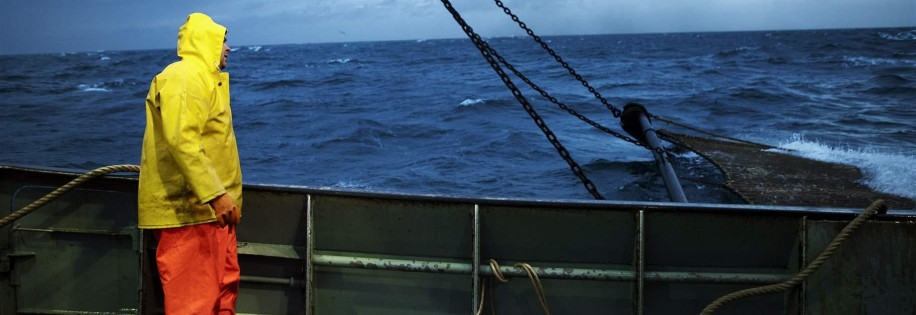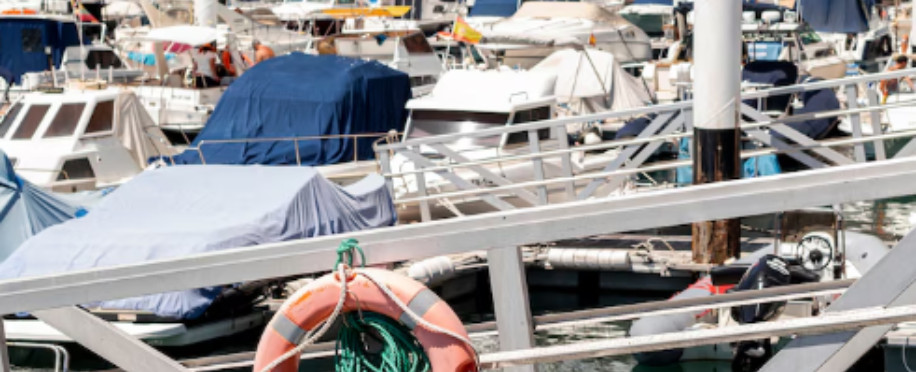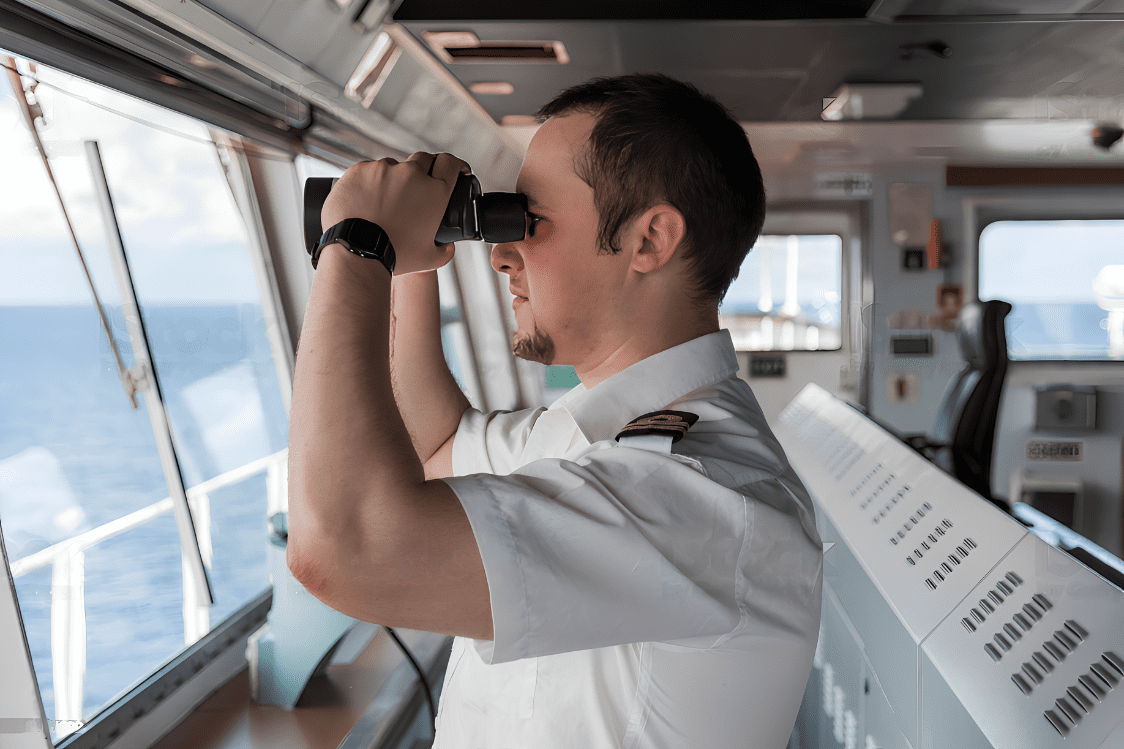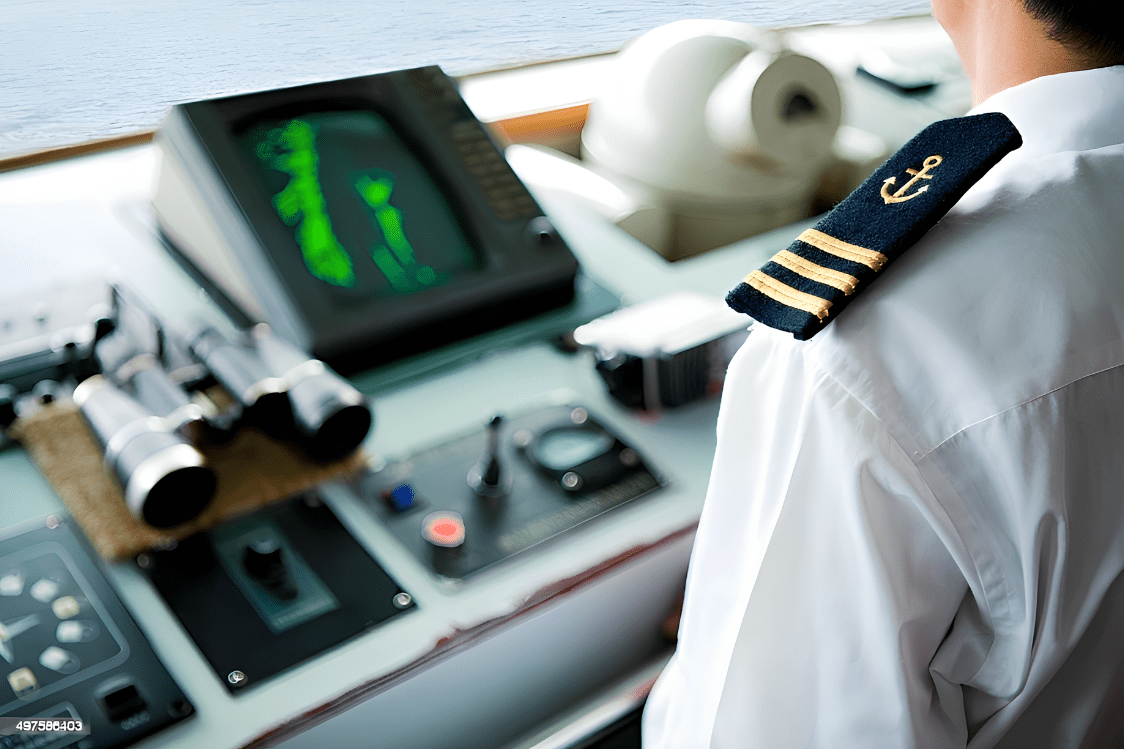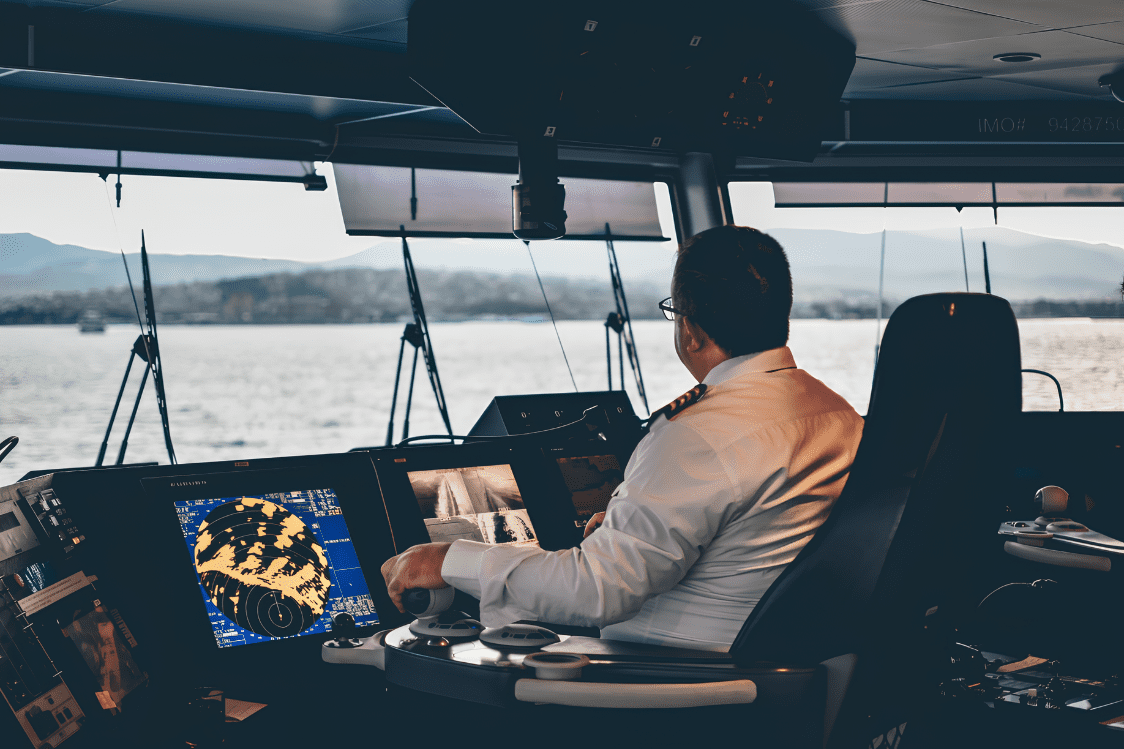Why Every Maritime Company Needs a Company Security Officer
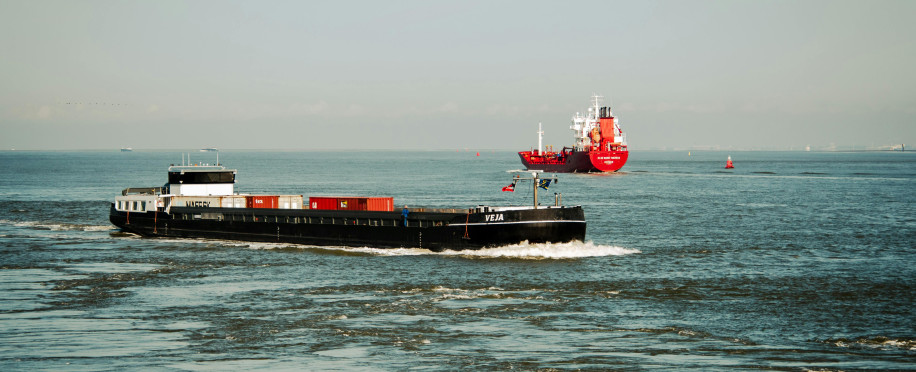
Posted on Nov 20, 2024 at 09:11 PM
The maritime industry is facing increasing security challenges every day, making it crucial for companies to implement robust security measures. A dedicated Company Security Officer (CSO) plays a vital role in enhancing maritime safety and ensuring compliance with international regulations.
Let's look at what it means to be a company security officer and why every shipping corporate business owner needs one.
What Does a Company Security Officer Do?
A Company Security Officer is responsible for developing and implementing security policies that are specifically tailored to the unique needs of a maritime organisation. Their primary role includes conducting thorough risk assessments and establishing security plans to ensure the protection of the company's assets and safeguard its personnel and information.
Risk analysis and management is a fundamental responsibility of the CSO. By identifying vulnerabilities within the company’s operations, the CSO can create a comprehensive security plan that addresses various potential threats. These threats may range from cyberattacks to physical security breaches. The CSO serves as the key appointed person in navigating these risks, they develop professional security systems, perform surveillance checks and keep the digital data safe.
Why is a Company Security Officer Essential?
Why is the presence of a CSO so crucial in the maritime sector? For starters, The presence of a CSO is essential for several reasons, particularly regarding compliance with international regulations such as the International Ship and Port Facility Security Code. This Code was established as a means to enhance the security of ships and marine facilities, aiming to prevent potential security breaches. One of the chief responsibilities of a Company Security Officer is confirming that all required aspects of the ISPS Code are adhered to, thereby safeguarding the company from legal repercussions and enhancing overall safety.
The relationship between a dedicated CSO and a maritime company’s success is significant. Companies that prioritise security through the appointment of a CSO not only maintain compliance but also build a reputation for safety that can attract more clients.
For example, organisations that have a strong security framework led by a competent CSO are less likely to experience costly fines and disruptions, resulting in overall improved operational efficiency and a safe navigation.
What does a company security officer do?
Here’s a list of duties typically associated with this position:
- Risk Assessment: Regularly evaluate and identify potential security threats and vulnerabilities within the organisation.
- Policy Development: Create and implement security policies and procedures in alignment with industry standards and legal requirements.
- Incident Response: Manage procedures for responding to security breaches, emergencies, and other incidents.
- Employee Training: Conduct programs for staff to raise awareness about security matters and ensure they understand security policies.
- Monitoring Security Systems: Supervise the operation of security systems, including cameras, alarms, and accessible control mechanisms.
- Conduct maintenance checks: maintaining the level of security in the shipping business requires a CSO to carry out regular inspection and maintenance for the vessel equipment,
- Investigation of Incidents: Investigate security-related incidents, document findings, and guard against future occurrences.
- Reporting: Prepare and maintain security reports and documentation to inform management about security status and incidents.
- Access Control Management: Oversee and manage controls to the premises, ensuring only authorised personnel are granted entry.
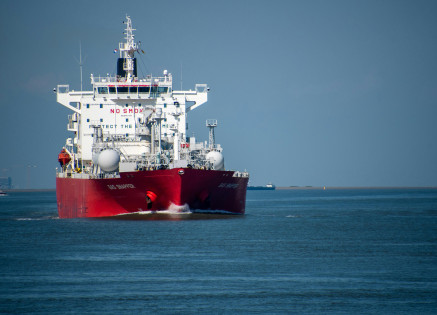
What kind of training does a Company Security Officer have?
Have you ever wondered how a Company Security Officer stays on top of their game in such a fast-paced industry?
When it comes to fulfilling their role effectively, the right designated training and development are absolutely essential!
To thrive in their positions, CSOs should dive into maritime safety courses in London, which equip them with the vital knowledge and skills they need to manage security effectively. These certificate courses cover everything from protocols to protect against cyber attacks, handling any terms and conditions and managing emergency response, and as a CPO, it's your duty to learn more and make sure your vessels are protected.
Additionally, online specialised courses —like the ISPS Code Course in London—are super important for helping CSOs get to grips with maritime law and international security standards. Understanding how to meet and uphold compliance standards and how to stay updated on the ever-evolving technology landscape.
The evolving nature of global maritime operations requires companies to adopt a proactive approach to security. Ultimately, investing in a Company Security Officer ensures not only the safety of maritime assets but also the long-term viability of the business in an increasingly complex landscape.
